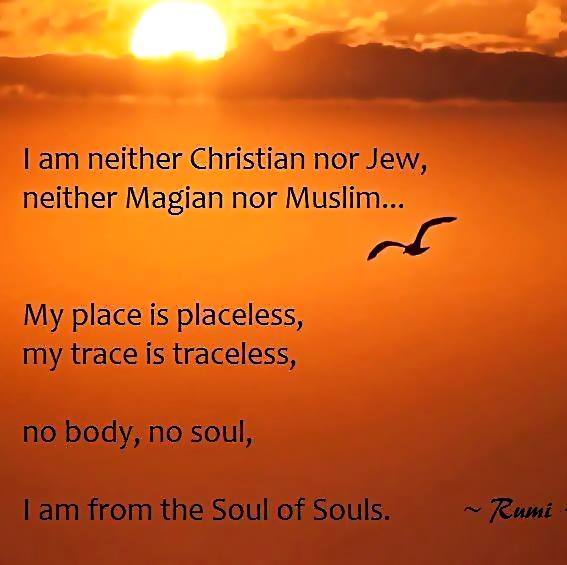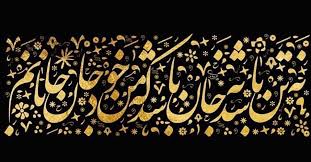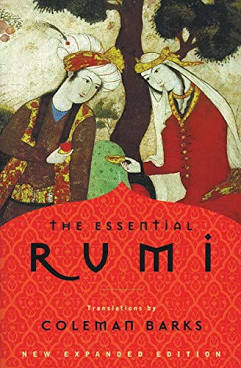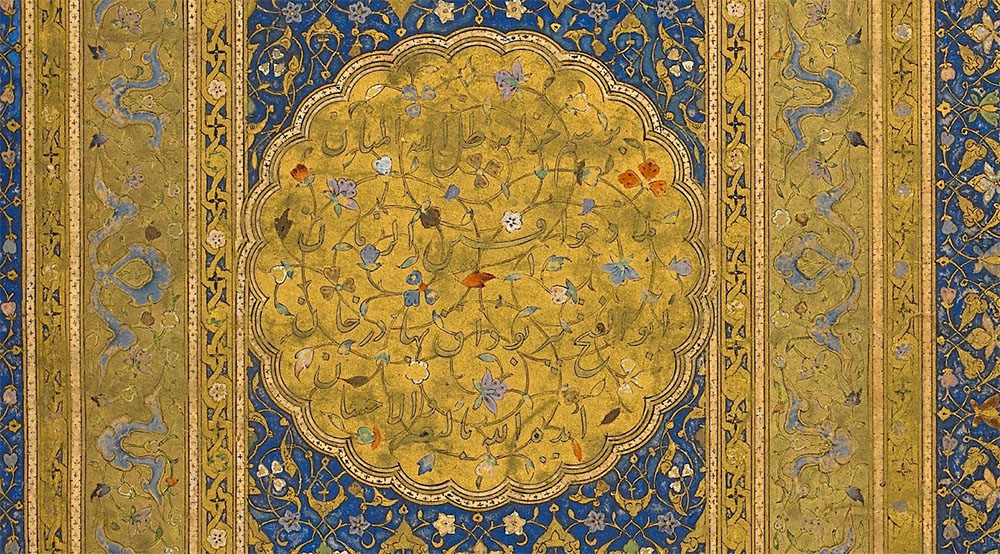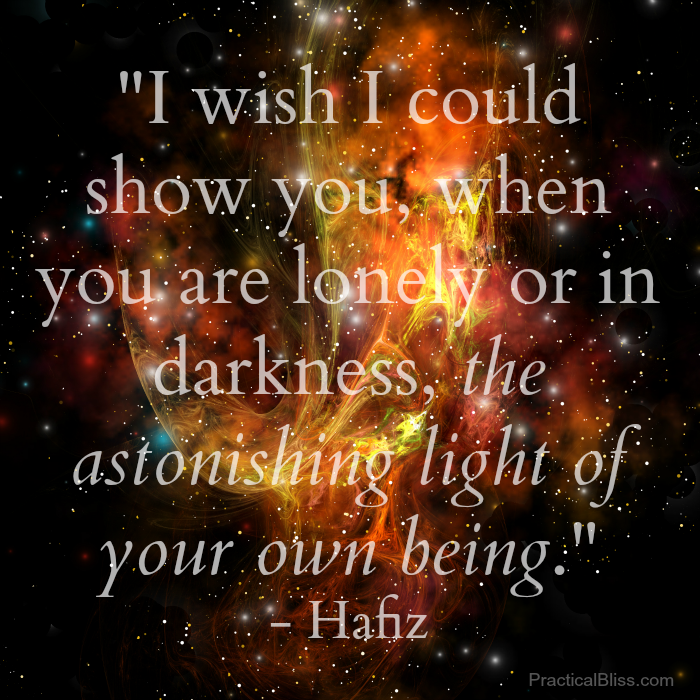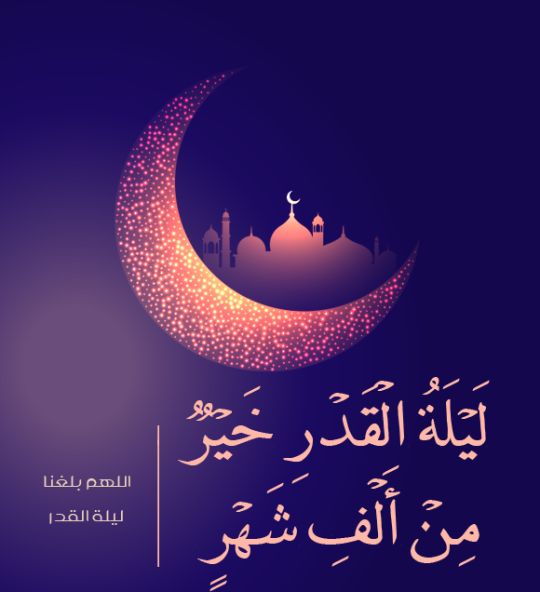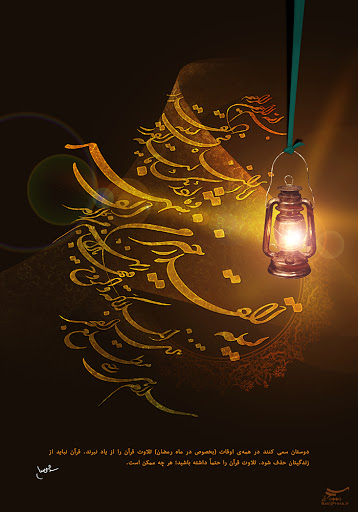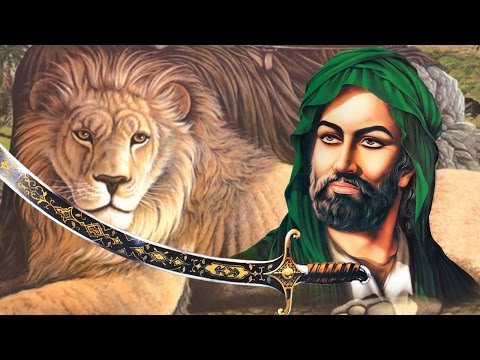
The foremost Iranian vocalist, MohammadReza #Shajarian, has passed away after a long battle against cancer.
A short thread on the cultural significance of this cultural icon to the people of #Iran & #Persian speakers worldwide.
#MohammadrezaShajarian #RIPShajarian
A short thread on the cultural significance of this cultural icon to the people of #Iran & #Persian speakers worldwide.
#MohammadrezaShajarian #RIPShajarian

The people of Iran are mourning at the loss of their 80 year old icon and beloved vocalist Shajarian: hamshahrionline.ir/news/555685/استاد-محمدرضا-شجریان-درگذشت-خسرو-آواز-ایران-پر-کشید
Thousands of people gathered outside the hospital in which Shajarian had passed away, crying, singing, and commemorating the man universally referred to as Ostad Shajarian (“Maestro”):
Persian poetry (and by extension, music) is at the very heart of Persian culture. It is a primary way (many would say *the* primary way) by which the aesthetic, norms, ideals, and values of being Persian have been transmitted across generations for more than a millennium. 

The canon of Persian poetry preserves a remarkable continuity in Persian culture that is almost unmatched in the world. It’s rare to find many places in the world where poetry of 700 years ago is still sung and committed to heart. 

This is exactly what happens with the poetry of the Persian canon from sages like Hafez, Sa‘di, Mawlana (called Mawlavi by Iranians, and Rumi in the West), and more. 
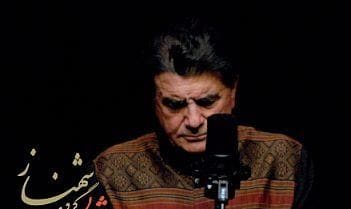
No one’s recitation of this canon has been more iconic than Shajarian. It has often been said that Shajarian sounded like no one before him, but almost every classical Iranian vocalist (men and women) have imitated his unique style. 

There are others (Shahram Nazeri come to mind) who might tap into a more Sufi context more frequently, but in terms of pure virtuosity of technic, Shajarian was and remains unsurpassed. 

He came from a humble background & was raised as a very devout Muslim. He was a reciter of the Qur’an from an early age. His father Mehdi & his grandfather Ali Akbar were both Qur’an reciters as well. You can detect an influence of “tajwid” styles in his recitation of poetry. 

One of his recitations which he undertook as a young man was of the prayer “Rabbina” (Our Lord) which is a ritual part of the Iranians’ commemoration in the holy month of Ramadan. It’s almost not #Ramadan (pronounced #Ramazan or #Ramezan by Iranians) without Shajarian.
For many, including myself, the sound of my childhood fasting is intertwined with Shajarian’s hauntingly beautiful sound of the Rabbina prayer. 

You can listen to Rabbina original here: “Our loving and cherishing Lord, do not let our hearts go astray after you have guided us…. Grant us mercy from Your own inner presence, for indeed Thou art the one who loves to bestow again and again.”
His recitations of classical Persian poetry are so technically perfect that it’s hard to imagine them being performed with any more virtuosity: Rumi’s “Mastaan salaamat meekonand” (Those intoxicated with Divine Love greet you…):
Equally lovely is his recitation of the #Hafez poem on how every lost beloved will return and be reunited. “The long-lost Yusuf will return, sorrow not.”
Shajarian might have been the most beloved public figure in the whole of Iran. In an age of bitter and divisive politics, he was often seen as a person who stood up for the people, for freedom, and dignity, and for that most distinctive Persian aspiration: beauty.
When Ahmadinejad referred to protesters as “dust and trash”, Shajarian responded that he was the voice of the “dust and trash”, and his response became a powerful jiu jitsu-style tool of responding to the Ahmadinejad criticism.
When the horrific earthquake befell Bam, it was Shajarian who held a concert there:
During the reform era, Shajarian once again raised his majestic voice against the atrocities of the Iranian regime. The way to do so was of course through poetry, this time from the 20th century poet Bahar called “Morgh-e Sahar” (Dawntime Bird).
“O Morning bird, mourn!
O Morning bird, mourn!
Further renew my pain
with a burning sigh break this cage and overturn it
Wing-tied nightingale, leave the corner of this cage
Compose the song of freedom for humanity
O Morning bird, mourn!
Further renew my pain
with a burning sigh break this cage and overturn it
Wing-tied nightingale, leave the corner of this cage
Compose the song of freedom for humanity

And with a breath, set fire to the battlefield
Of the mass of this earth
The cruelty of tyrants and the injustice of hunter
Have broken my nest to the winds”
Of the mass of this earth
The cruelty of tyrants and the injustice of hunter
Have broken my nest to the winds”
“O God, O universe, O nature
Turn our dark night into dawn…..
Now is spring, flowers have bloomed
Clouds in my eyes are filled with dew
This cage, like my heart,
Is narrow and dark
Oh fiery sigh! start a flame in this cage!”
Turn our dark night into dawn…..
Now is spring, flowers have bloomed
Clouds in my eyes are filled with dew
This cage, like my heart,
Is narrow and dark
Oh fiery sigh! start a flame in this cage!”
Iranian concert are usually respectful occasions in which the audience listens in rapt attention to the technical excellence of the vocalists. Morgh-e Sahar was different, an occasion for the audience to sing along with their hopes, aspirations & longing for collective freedom. 

Shajarian sang this song in every concert over the last decade, since the audience would not let him leave without this iconic song of freedom. 

It was all but impossible to hear Shajarian’s voice through the passionate signing along of the thousands in attendance who knew every word by heart, and cried out from the depth of their heart. It was at once ecstatic, joyful, rebellious, defiant, and hopeful. 

In 2012, we hosted Shajarian at Duke University, and had a wide-ranging conversation from the Rabbina prayer to his invention of new instruments to views on harmony and music. It’s available in a two part document: vimeo.com/41492887 and vimeo.com/41846908
Listen to my brilliant friend @nahid8 Nahid Siamdoust talk about Shajarian’s significance on @BBC.
bbc.co.uk/sounds/play/p0…
bbc.co.uk/sounds/play/p0…
May he grace a higher and more celestial realm with his music. And may he get to look down upon his beloved Iran achieve the full dignity and freedom and beauty that they, and we, and he, all long for. 

• • •
Missing some Tweet in this thread? You can try to
force a refresh

